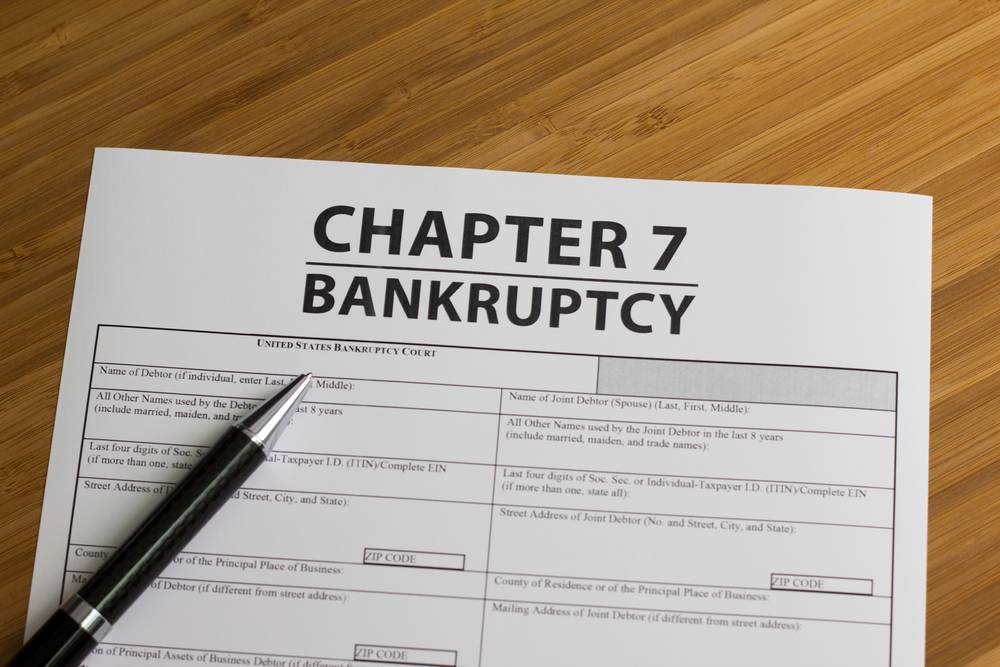
Debt Management Plan
A debt management plan is a type of repayment plan, typically set up by a credit counseling agency and your creditors, which allows you to pay off high-interest unsecured debt – mostly credit cards – without having to take out a bank loan.
Debt management plans reduce the interest rate on credit cards to around 8% and make monthly payments affordable, so consumers can pay off debt in 3-5 years.
The credit counseling agency will do a detailed analysis of your income and expenses and help you create a household budget that includes a fixed monthly payment for your debts. They then present the plan to your creditors, who must approve the plan. Your monthly payment is tailored to what you can afford.
Once approved, each month, you deposit money into an account with the credit counselor, and this money goes toward paying your credit card or other unsecured debt, such as medical bills. The DMP continues until your debt is repaid.





